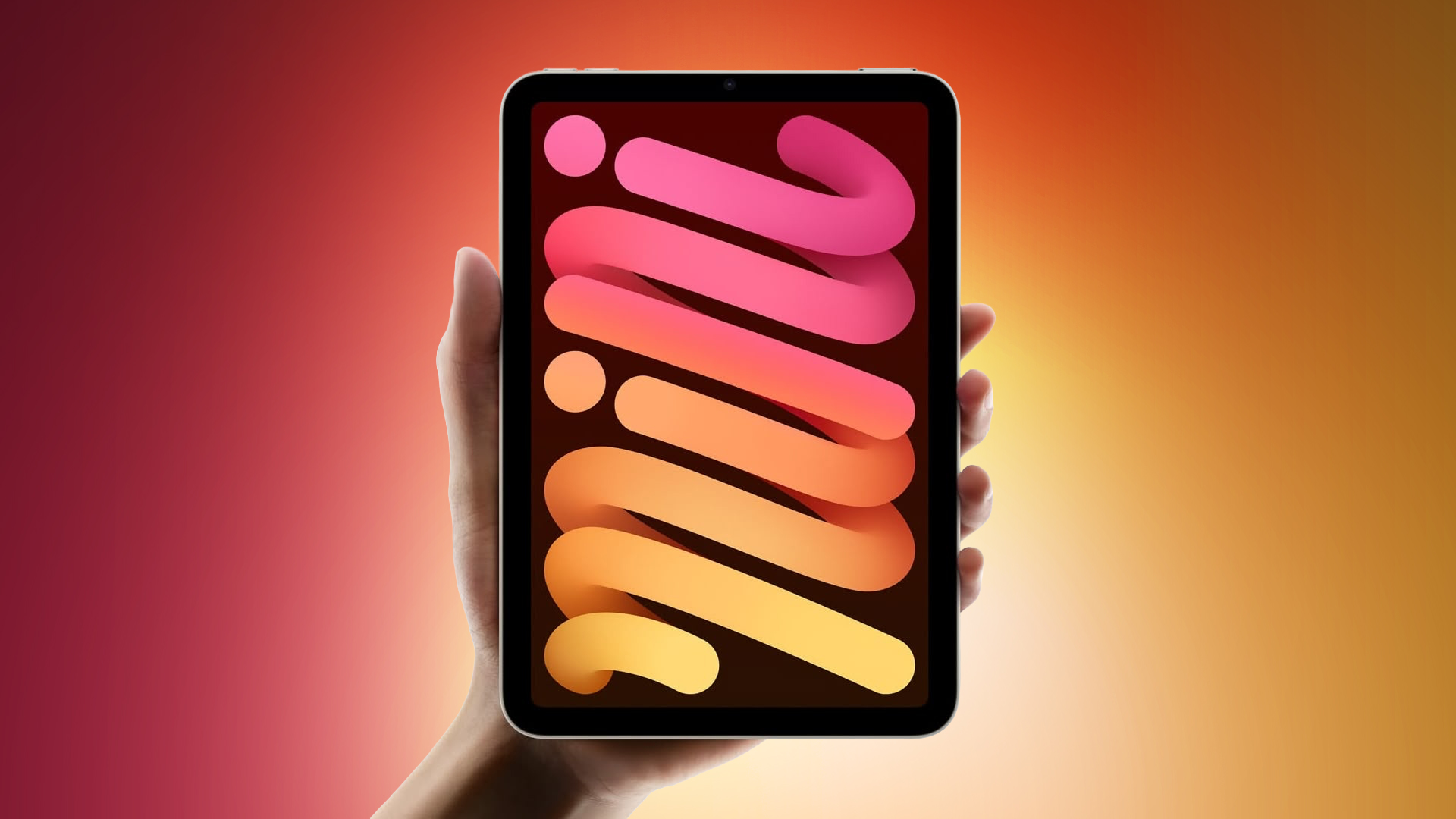iPhone 18 to Use Enhanced 2nm Chip Tech Integrating 12GB RAM
[[{“value”:”Apple’s 2026 iPhones will use TSMC’s next-generation 2-nanometer fabrication process in combination with a new packaging method that will integrate 12GB of RAM, a reputable source of accurate predictions about Apple’s plans has claimed.
In a Weibo post on Tuesday, Chinese-language user “Phone Chip Expert” said Apple’s A20 chip in iPhone 18 models will switch from the previous InFo (Integrated Fan-Out) packaging to WMCM (Wafer-Level Multi-Chip Module) packaging, while memory will be upgraded to 12GB.
In terms of the differences in packaging method, InFo allows integration of components, including memory, within the package but focuses more on single-die packaging where memory is typically attached to the main SoC (such as DRAM placed on top or near the CPU and GPU cores). It’s optimized for reducing the size and improving the performance of individual chips.
WMCM, on the other hand, excels at integrating multiple chips within the same package (hence the “Multi-Chip Module” part). This method allows more complex systems, such as CPUs, GPUs, DRAM, and other custom accelerators (e.g., AI/ML chips) to be tightly integrated in one package. It provides greater flexibility in arranging different types of chips, stacking them vertically or placing them side by side, while also optimizing communication between them.
As for memory, all current iPhone 16 models feature 8GB of RAM, which is considered to be the minimum requirement for Apple Intelligence. Apple analyst Ming-Chi Kuo has said he expects next year’s iPhone 17 Pro to feature 12GB of RAM, so it could be that Apple will make it a new standard across the succeeding iPhone 18 series.
Having said that, Kuo also believes that only “Pro” models in the iPhone 18 series are likely to use TSMC’s next-generation 2nm processor technology because of cost concerns. Meanwhile, it’s not clear whether the fabrication tech and the memory size are indelibly intertwined in Apple’s plans.
Nanometer Generations
Terms like “3nm” and “2nm” describe generations of chip manufacturing technology, each with its own set of design rules and architecture. As these numbers decrease, they generally indicate smaller transistor sizes. Smaller transistors allow more to be packed onto a single chip, typically resulting in increased processing speed and improved power efficiency. This year’s iPhone 16 series is based on an A18 chip design built using a second-generation “N3P” 3-nanometer process.
TSMC plans to start manufacturing 2nm chips in late 2025, and Apple is expected to be the first company to receive chips built on the new process. TSMC generally builds new fabs when it needs to increase production capacity to handle significant orders for chips, and TSMC is expanding in a major way for 2nm technology.
The leaker “Phone Chip Expert” has a track record of accurate predictions. They were first to correctly reveal that the standard iPhone 14 models would continue to use the A15 Bionic chip, while the more advanced A16 chip would be exclusive to the iPhone 14 Pro models. More recently, they were the first source of information about Apple developing its own AI server processor using TSMC’s 3nm process, targeting mass production by the second half of 2025.
This article, “iPhone 18 to Use Enhanced 2nm Chip Tech Integrating 12GB RAM” first appeared on MacRumors.com
Discuss this article in our forums
“}]]




